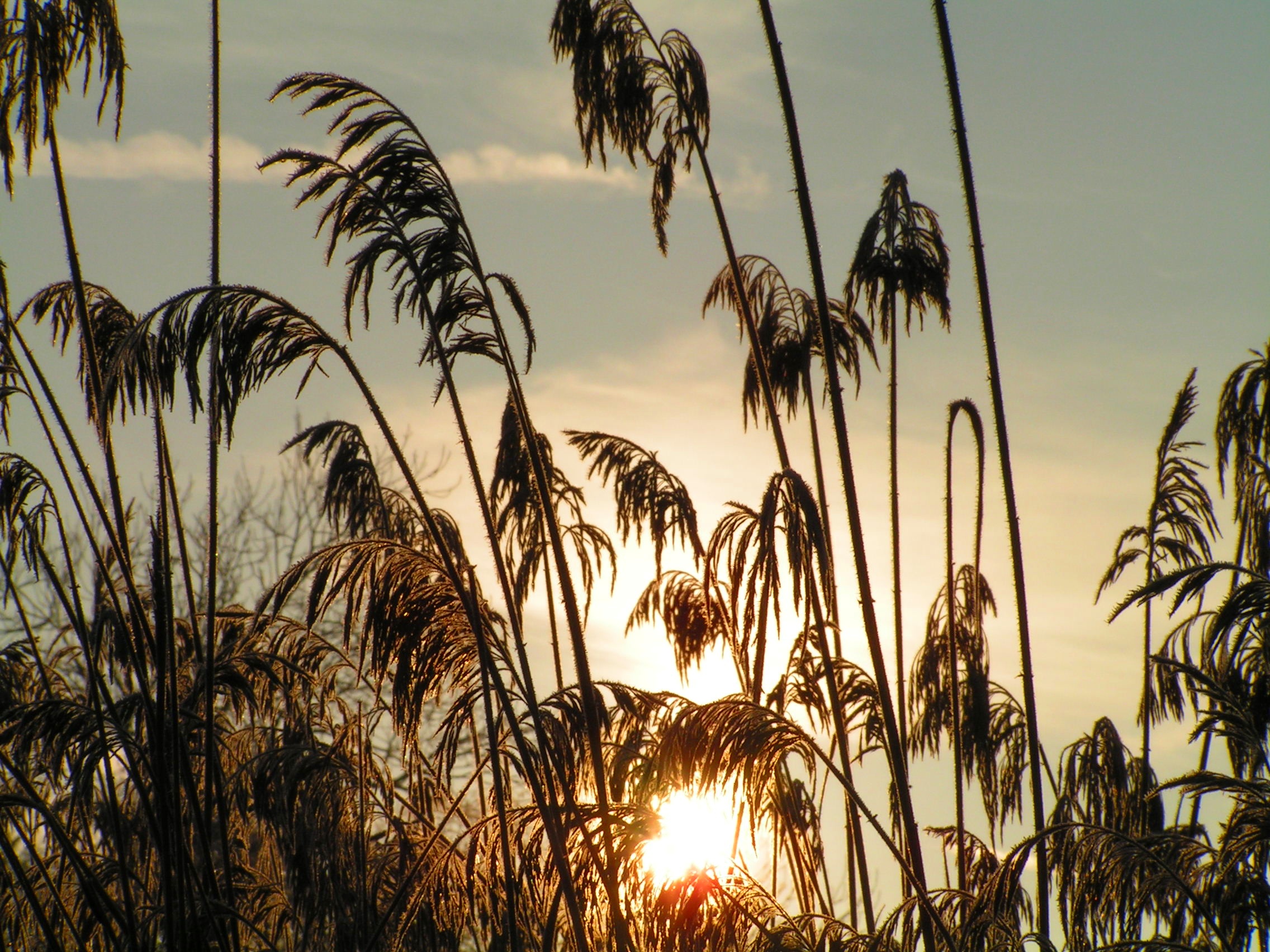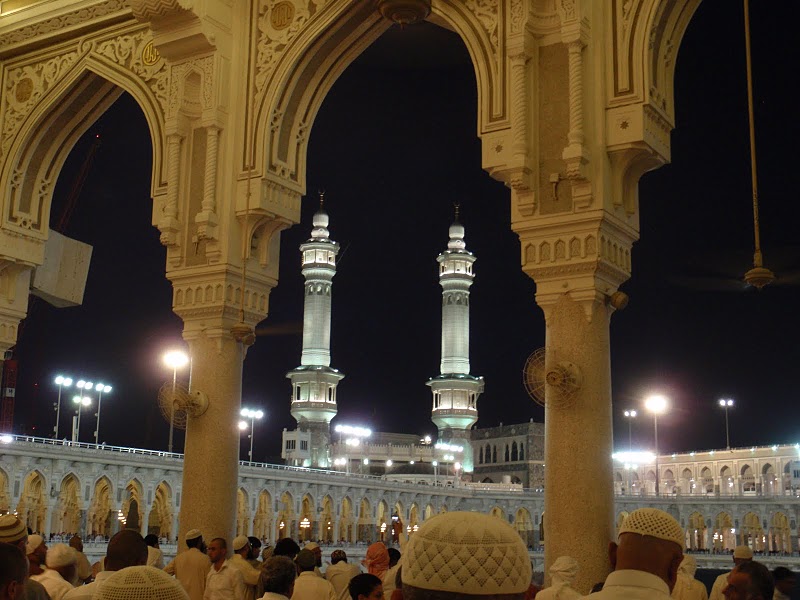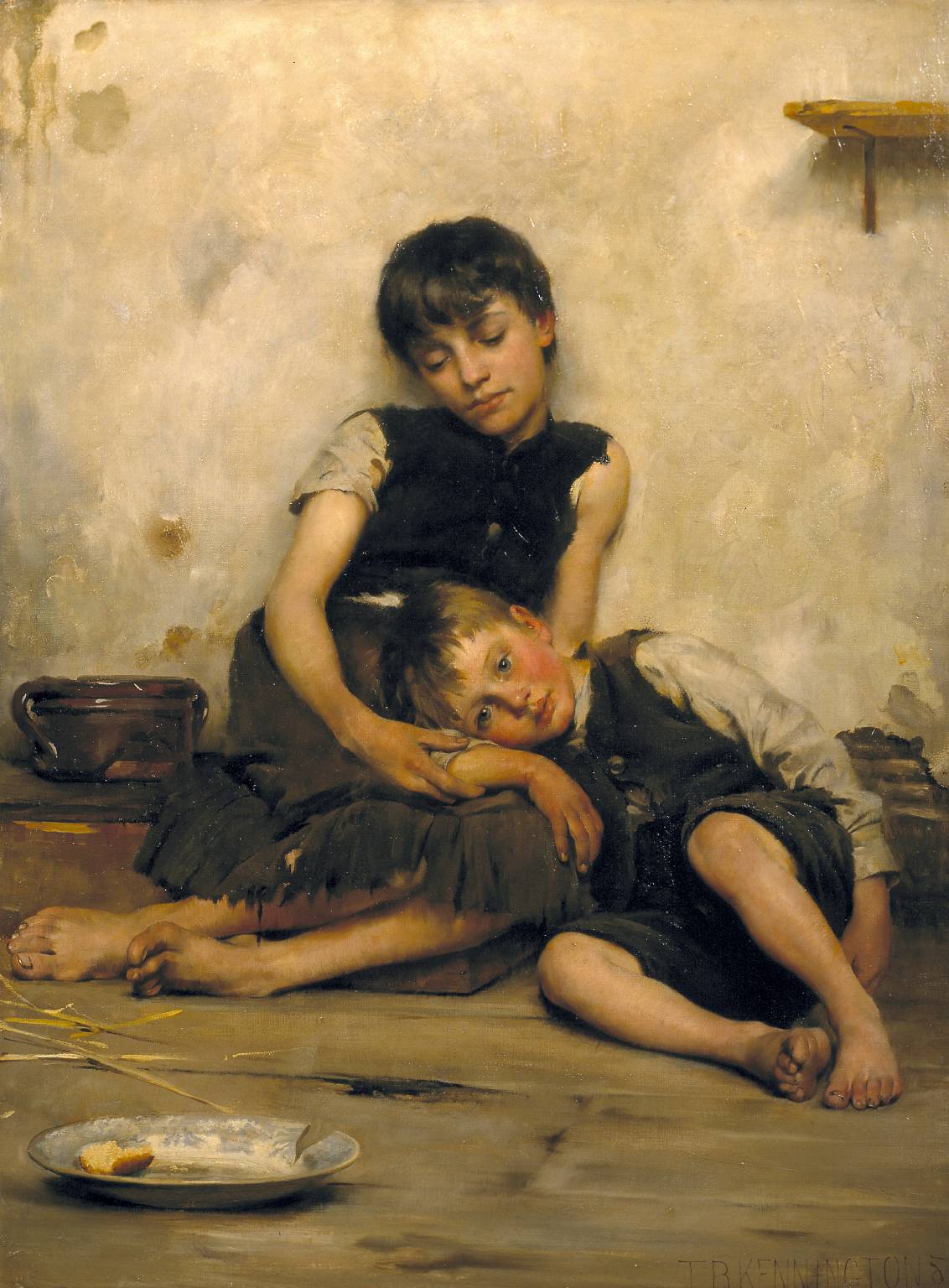|
Ad-Dhuha
Al-Ḍuḥā ( ar, الضحى, “The Morning Hours”, “Morning Bright” ,"The Early Hours") is the ninety-third chapter (''surah'') of the Qur'an, with 11 '' āyat'' or verses. Qur'an 93 takes its name from Arabic its opening word, ''al-ḍuḥā'', "the morning". Although there is some debate amongst scholars, this sura is often considered to be the second revealed to the Islamic prophet Muhammad. After the first sura was received, al-Alaq, there was a period of silence in which no further messages were revealed. During this time, Muhammad wondered if he had somehow displeased God, who it seemed for a while was no longer sending down His message. This sura broke that silence, and reassured Muhammad that all will be understood in time. The image of the morning (''al-ḍuḥā'') is the first word of the sura, and can be understood as symbolizing Muhammad's "new day" as the Messenger of God, as well as the "dawn" of the new way of life that would become Islam. After this s ... [...More Info...] [...Related Items...] OR: [Wikipedia] [Google] [Baidu] |
Al-Lail
Sūrat al-Layl ( ar, الليل, “The Night”) is the ninety-second ''sūrah'' (chapter) of the Qur'an, containing twenty-one '' āyāt'' (verses). This sūrah is one of the first ten to be revealed in Mecca. It contrasts two types of people, the charitable and the miserly, and describes each of their characteristics. Summary *1-4 Oaths by various natural objects *5-13 The obedient blessed and the covetous accursed *14-16 The covetous warned with hell-fire *17-21 True believers shall be rewarded hereafter Date of the revelations ''Sūrah Al-Lail'' is a Meccan sura, and was among the first ten ''surahs'' to be revealed. Meccan surahs are chronologically earlier surahs that were revealed to the prophet Muhammad at Mecca before the hijrah to Medina in 622 CE. They are typically shorter, with relatively short '' ayat'', and mostly come near the end of the Qur'an’s 114 sūwar. Most of the surahs containing '' muqatta'at'' are Meccan. According to Yusuf Ali, Al-Lail may be p ... [...More Info...] [...Related Items...] OR: [Wikipedia] [Google] [Baidu] |
Al-Inshirah
Al-Inshirāḥ ( ar, الإنشراح, “Solace” or “Comfort”), or ash-Sharḥ (Arabic: الشرح, "The Opening-Up of the Breast") is the ninety-fourth chapter (''surah'') of the Qur'an, with eight '' ayat'' or verses. Because of its subject matter, length, style, and placement in the Qur'an, this sura is often coupled with Surah ad-Dhuha (Sura 93). They are generally considered to have been revealed around the same time. Al-Inshirāḥ's subject matter seems a continuation of the reassurance and encouragement given in the preceding chapter and so closely resembles it that both these Surah seem to have been revealed in about the same period under similar conditions. Regarding the timing and contextual background of the revelation (''asbāb al-nuzūl''), it is an earlier "Meccan surah", which means it is believed to have been revealed in Mecca, instead of later in Medina. It is typically assumed that this sura is referring to the early days of Muhammad's prophethood, w ... [...More Info...] [...Related Items...] OR: [Wikipedia] [Google] [Baidu] |
Al-Inshirah
Al-Inshirāḥ ( ar, الإنشراح, “Solace” or “Comfort”), or ash-Sharḥ (Arabic: الشرح, "The Opening-Up of the Breast") is the ninety-fourth chapter (''surah'') of the Qur'an, with eight '' ayat'' or verses. Because of its subject matter, length, style, and placement in the Qur'an, this sura is often coupled with Surah ad-Dhuha (Sura 93). They are generally considered to have been revealed around the same time. Al-Inshirāḥ's subject matter seems a continuation of the reassurance and encouragement given in the preceding chapter and so closely resembles it that both these Surah seem to have been revealed in about the same period under similar conditions. Regarding the timing and contextual background of the revelation (''asbāb al-nuzūl''), it is an earlier "Meccan surah", which means it is believed to have been revealed in Mecca, instead of later in Medina. It is typically assumed that this sura is referring to the early days of Muhammad's prophethood, w ... [...More Info...] [...Related Items...] OR: [Wikipedia] [Google] [Baidu] |
Mecca
Mecca (; officially Makkah al-Mukarramah, commonly shortened to Makkah ()) is a city and administrative center of the Mecca Province of Saudi Arabia, and the Holiest sites in Islam, holiest city in Islam. It is inland from Jeddah on the Red Sea, in a narrow valley above sea level. Its last recorded population was 1,578,722 in 2015. Its estimated metro population in 2020 is 2.042million, making it the List of cities in Saudi Arabia by population, third-most populated city in Saudi Arabia after Riyadh and Jeddah. Pilgrims more than triple this number every year during the Pilgrimage#Islam, pilgrimage, observed in the twelfth Islamic calendar, Hijri month of . Mecca is generally considered "the fountainhead and cradle of Islam". Mecca is revered in Islam as the birthplace of the Prophets and messengers in Islam, Islamic prophet Muhammad. The Hira cave atop the ("Mountain of Light"), just outside the city, is where Muslims believe the Quran was first revealed to Muhammad. Vis ... [...More Info...] [...Related Items...] OR: [Wikipedia] [Google] [Baidu] |
Clear Quran Translation
Mustafa Khattab is a Canadian–Egyptian Muslim scholar, author, youth mentor, public speaker, imam, and university chaplain. He holds a professional ijâzah in the Ḥafṣ style of recitation. He is known for his translation of the Quran in "The Clear Quran" series. Career He is a Canadian-Egyptian authority on interpreting the Quran. He was a member of the first team that translated the Ramadan night prayers (Tarawîḥ) live from the Sacred Mosque in Mecca and the Prophet's Mosque in Medina (2002-2005). Dr. Khattab memorized the entire Quran at a young age, and later obtained a professional ijâzah in the Ḥafṣ style of recitation with a chain of narrators going all the way to Muḥammad. He received his PhD, M.A., and B.A. in Islamic Studies in English with Honors from Al-Azhar University's Faculty of Languages & Translation. He lectured on Islam at Clemson University (OLLI Program, 2009–2010), held the position of Lecturer at Al-Azhar University for over a decade sta ... [...More Info...] [...Related Items...] OR: [Wikipedia] [Google] [Baidu] |
The Early Hours
''The'' () is a grammatical article in English, denoting persons or things that are already or about to be mentioned, under discussion, implied or otherwise presumed familiar to listeners, readers, or speakers. It is the definite article in English. ''The'' is the most frequently used word in the English language; studies and analyses of texts have found it to account for seven percent of all printed English-language words. It is derived from gendered articles in Old English which combined in Middle English and now has a single form used with nouns of any gender. The word can be used with both singular and plural nouns, and with a noun that starts with any letter. This is different from many other languages, which have different forms of the definite article for different genders or numbers. Pronunciation In most dialects, "the" is pronounced as (with the voiced dental fricative followed by a schwa) when followed by a consonant sound, and as (homophone of the archaic pron ... [...More Info...] [...Related Items...] OR: [Wikipedia] [Google] [Baidu] |
Zuhr
The Zuhr prayer ( ar, صَلَاة ٱلظُّهْر ', "noon prayer") is one of the five mandatory salah (Islamic prayer). As an Islamic day starts at sunset, the Zuhr prayer is technically the fourth prayer of the day. AbdurRahman website, Published 9 September 2009, Retrieved 23 May 2020 If counted from midnight, it is the second prayer of the day.see 'Glossary' Retrieved 12 July 2020 [...More Info...] [...Related Items...] OR: [Wikipedia] [Google] [Baidu] |
Salah
(, plural , romanized: or Old Arabic ͡sˤaˈloːh, ( or Old Arabic ͡sˤaˈloːtʰin construct state) ), also known as ( fa, نماز) and also spelled , are prayers performed by Muslims. Facing the , the direction of the Kaaba with respect to those praying, Muslims pray first standing and later kneeling or sitting on the ground, reciting prescribed prayers and phrases from the Quran as they bow and prostrate themselves in between. is composed of prescribed repetitive cycles of bows and prostrations, called ( ). The number of s, also known as units of prayer, varies from prayer to prayer. Ritual purity and are prerequisites for performing the prayers. The daily obligatory prayers collectively form the second of the five pillars in Islam, observed three or five times (the latter being the majority) every day at prescribed times. These are usually (observed at dawn), (observed at noon), (observed late in the afternoon), (observed after sunset), and (observed ... [...More Info...] [...Related Items...] OR: [Wikipedia] [Google] [Baidu] |
Pharaoh
Pharaoh (, ; Egyptian: ''pr ꜥꜣ''; cop, , Pǝrro; Biblical Hebrew: ''Parʿō'') is the vernacular term often used by modern authors for the kings of ancient Egypt who ruled as monarchs from the First Dynasty (c. 3150 BC) until the annexation of Egypt by the Roman Empire in 30 BC. However, regardless of gender, "king" was the term used most frequently by the ancient Egyptians for their monarchs through the middle of the Eighteenth Dynasty during the New Kingdom. The term "pharaoh" was not used contemporaneously for a ruler until a possible reference to Merneptah, c. 1210 BC during the Nineteenth Dynasty, nor consistently used until the decline and instability that began with the Twenty-Fifth Dynasty. In the early dynasties, ancient Egyptian kings had as many as three titles: the Horus, the Sedge and Bee ( ''nswt-bjtj''), and the Two Ladies or Nebty ( ''nbtj'') name. The Golden Horus and the nomen and prenomen titles were added later. In Egyptian society, religio ... [...More Info...] [...Related Items...] OR: [Wikipedia] [Google] [Baidu] |
Moses
Moses hbo, מֹשֶׁה, Mōše; also known as Moshe or Moshe Rabbeinu (Mishnaic Hebrew: מֹשֶׁה רַבֵּינוּ, ); syr, ܡܘܫܐ, Mūše; ar, موسى, Mūsā; grc, Mωϋσῆς, Mōÿsēs () is considered the most important prophet in Judaism and one of the most important prophets in Christianity In Christianity, the figures widely recognised as prophets are those mentioned as such in the Old Testament and the New Testament. It is believed that prophets are chosen and called by God. This article lists such prophets. The first list bel ..., Prophets and messengers in Islam, Islam, the Druze faith, the Baháʼí Faith and Table of prophets of Abrahamic religions, other Abrahamic religions. According to both the Bible and the Quran, Moses was the leader of the Israelites and Law of Moses, lawgiver to whom the Mosaic authorship, authorship, or "acquisition from heaven", of the Torah (the first five books of the Bible) is attributed. According to the Book of E ... [...More Info...] [...Related Items...] OR: [Wikipedia] [Google] [Baidu] |
Ta-Ha
Ṭā Hā (; ar, طه) is the 20th chapter (''sūrah'') of the Qur'an with 135 verses ('' āyāt''). It is named "Ṭā Hā" because the chapter starts with the Arabic ''ḥurūf muqaṭṭaʿāt'' (disjoined letters): (Ṭāhā) which is considered to be one of the names of the Islamic prophet Muhammad. Regarding the timing and contextual background of the revelation (''asbāb al-nuzūl''), it is traditionally believed to be a Meccan surah, from the second Meccan period (615-619),Ernst, Carl W. How to Read the Qurʼan: A New Guide, with Select Translations. Chapel Hill: University of North Carolina, 2011. Print. which means it is believed to have been revealed in Mecca, rather than later in Medina. Among the subjects treated in this chapter are God's call of Moses (), the Exodus of the Israelites and the crossing of the Red Sea (), the worship of the Golden Calf () and the Fall of Man (). The main theme of the chapter is about the existence of God. It addresses this ... [...More Info...] [...Related Items...] OR: [Wikipedia] [Google] [Baidu] |
Orphan
An orphan (from the el, ορφανός, orphanós) is a child whose parents have died. In common usage, only a child who has lost both parents due to death is called an orphan. When referring to animals, only the mother's condition is usually relevant (i.e. if the female parent has gone, the offspring is an orphan, regardless of the father's condition). Definitions Various groups use different definitions to identify orphans. One legal definition used in the United States is a minor bereft through "death or disappearance of, abandonment or desertion by, or separation or loss from, both parents". In the common use, an orphan does not have any surviving parent to care for them. However, the United Nations Children's Fund (UNICEF), Joint United Nations Programme on HIV and AIDS (UNAIDS), and other groups label any child who has lost one parent as an orphan. In this approach, a ''maternal orphan'' is a child whose mother has died, a ''paternal orphan'' is a child whose fath ... [...More Info...] [...Related Items...] OR: [Wikipedia] [Google] [Baidu] |



.png)




